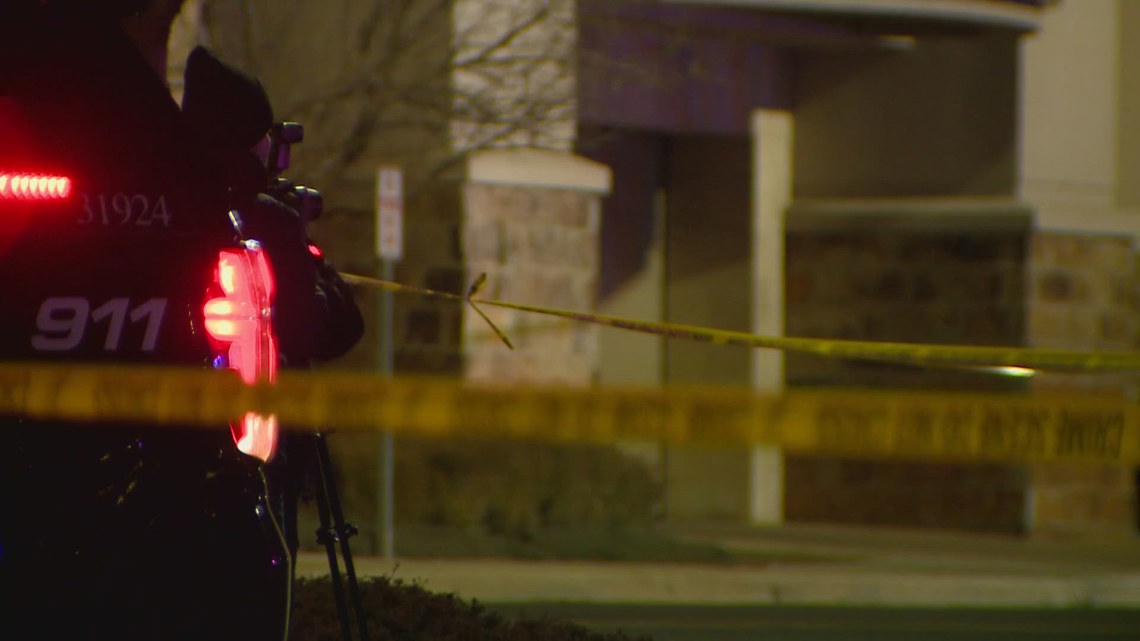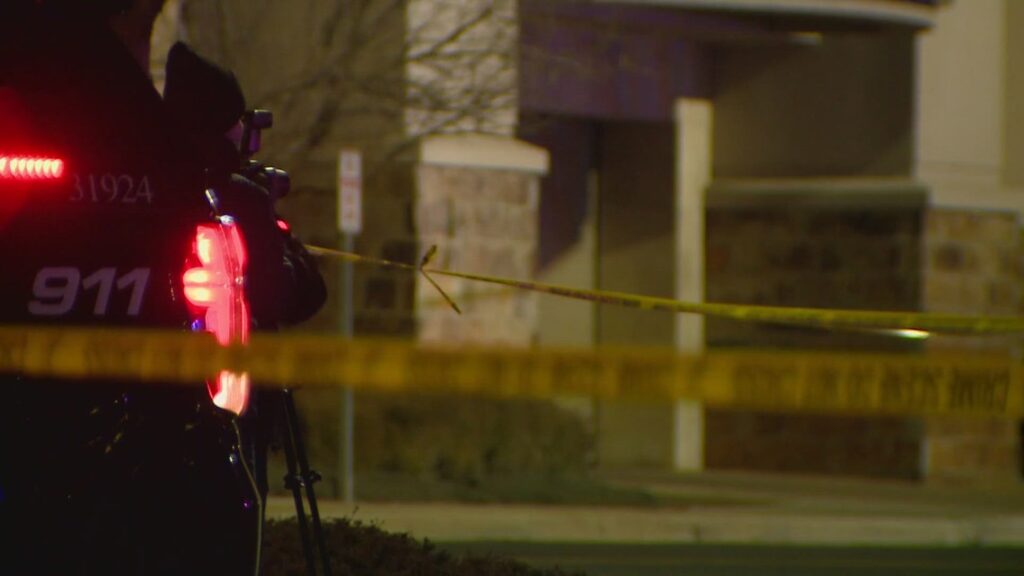
Proposition 130 didn’t authorize new taxes. The allocation likely means lawmakers will have to make cuts in the state budget to cover the cost.
DENVER — Colorado voters this November approved redirecting tax dollars to law enforcement agencies. The ballot measure didn’t say where the money should come from.
Proposition 130 directs $350 million in state funding to help recruit, train, and retain local law enforcement officers.
The money would go towards increasing pay for officers, providing training, hiring new officers, and providing bonuses. It also requires the state to provide a one-time $1 million death benefit to the family of each state and local law enforcement officer killed in the line of duty. That one-time benefit would be in addition to any death and disability benefits provided through the officer’s pension.
Prop 130 didn’t authorize new taxes. The allocation likely means lawmakers will have to make cuts in the state budget to cover the cost.
Law enforcement agencies across the country took a hit after the pandemic. Staffing numbers have improved since then, but Colorado still has fewer police officers per capita than it did in the 1990s, according to data from the FBI.
Prop 130 doesn’t say how soon state lawmakers have to distribute the money. It comes at a time when the legislature is already facing financial problems. Forecasts have shown Colorado may need to cut around $900 million in spending or dip into reserves to balance the budget next year.
It’s Senator-elect Judy Amabile’s first week on the Joint Budget Committee, and she’s learning about the challenges she’ll face next year.
“We have a deficit for the current year and a much bigger hole for next year,” she said.
“We are really going to be constrained, and to add this very large appropriation is going to be really hard,” Amabile said. “If we elected to do that all in one year, we would have to dip into higher ed, K-12, Medicaid.”
It’s up to the legislature to determine how quickly it’s distributed.
“I think we have to have fidelity to what the voters voted for, but yes, we have some flexibility,” she said. “The ballot measure is silent to exactly how we implement it. We could decide to do it over 10 years or we could delay implementation for a year or two.”











More Stories
US envoy Amos Hochstein arrives in Lebanon for ceasefire talks
Opposition’s Abdullahi wins presidential election in breakaway Somaliland
Thousands protest as Maori rights march reaches New Zealand parliament